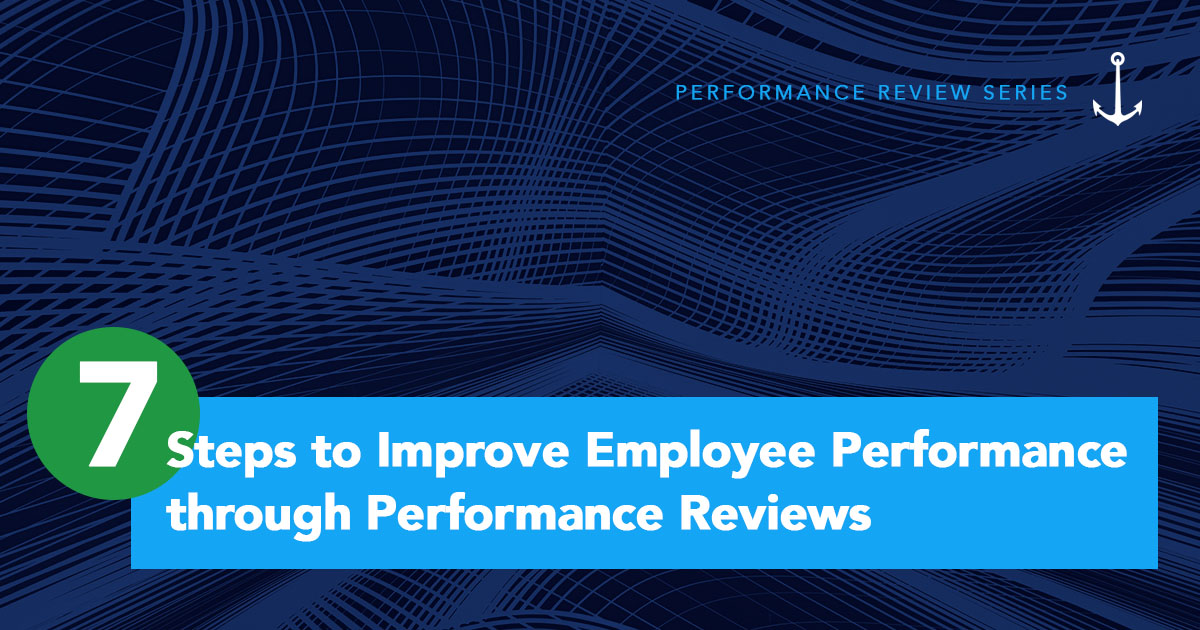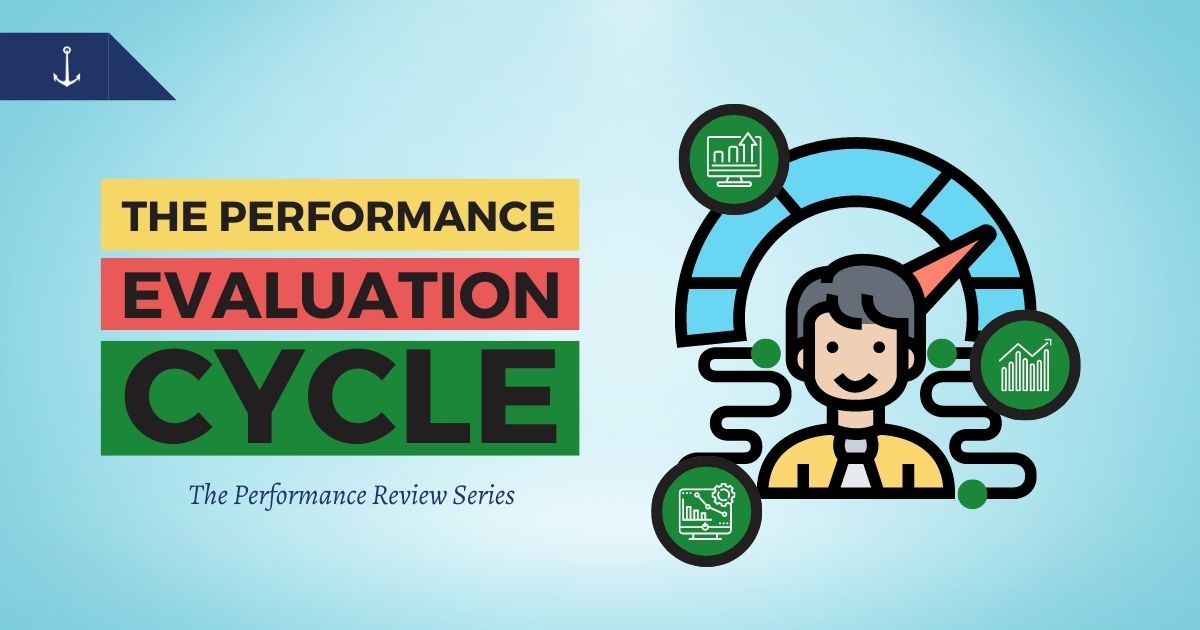Many businesses recognize that their most important asset for success is their employee base. Unfortunately, one crucial step in managing and strengthening that asset is often overlooked. In the face of constant competitive pressures, companies often do not utilize completely the employee performance review process.
Read More
Topics:
leadership,
teams,
employers,
employees,
hr
Many people look forward to annual performance reviews the way they look forward to oil changes and tune-ups. Sure, these are standard operating procedures, but they can be a hassle and they could reveal bad news. As a result, performance reviews are often done poorly. They’re treated as an afterthought and rushed when the time comes. Or they’re not done at all.
Read More
Topics:
leadership,
teams,
employers,
employees,
hr
| An exit interview is a conversation with a departing employee about their time at the company and the reason for their departure. It’s completely optional, but some employers conduct them to learn about workplace issues they may want to address.
|
Read More
Topics:
employers,
documentation,
interview
When completing performance reviews, psychologists and researchers alike agree that managers naturally exhibit bias in the ratings. To be fair and objective, a performance evaluation must be based on the employee’s job-related behavior, not on the employee’s personal traits, work situation, or other factors unrelated to employee performance. While subjectivity and partiality will never be completely removed from the process, it is important to keep some of our most common prejudices in mind when completing performance reviews.
Read More
Topics:
leadership,
teams,
collaboration,
employers,
employees,
hr
With the holidays here and year-end quickly approaching, many businesses will be looking to ramp up their workforce even more for the final holiday push. At least three key challenges exist for any business facing this need: (1) to figure out how much time and effort to invest in seasonal employees without sacrificing customer service and ongoing activities, (2) to motivate seasonal employees on the short-term goals, and (3) to utilize these opportunities to further your and their long-term needs and goals.
Read More
Topics:
employers,
employees,
hr,
humancapitalmanagement
Many employers are unaware of state voting leave laws, which we anticipate will be heavily relied upon this year given the challenges presented by the pandemic. Most states require that employers provide at least a few hours off to vote, and many of those require that at least some of that time off be paid. The advance notice that may be required from employees is often minimal, so employers should be prepared to grant last-minute requests to vote.
Read More
Topics:
teams,
employers,
hr,
humancapitalmanagement
A staffing plan can help you determine the right number of people with the right set of skills to address your business needs. Staff planning is a systematic process that accounts for internal and external changes to help you meet your business objectives.
Read More
Topics:
leadership,
teams,
employers,
employees,
hr,
documentation
Employee turnover is expensive – more so than you might think. Some costs are more easily calculated than others. Easily measurable or not, they all hurt your bottom line. Fortunately, many of the costs of turnover can be measured, predicted or budgeted for.
Read More
Topics:
leadership,
employers,
employees,
hr
A: The Equal Employment Opportunity Commission (EEOC) has issued guidance that employers may take employees’ temperatures during the COVID-19 pandemic because COVID-19 is spreading nationwide. Note that many people may have COVID-19 without a fever, so other safety precautions should not be scaled back just because employees “checked out” upon arrival to work. The CDC summarizes symptoms here. Employees’ body temperatures are considered medical information and must be kept confidential under the Americans with Disabilities Act (ADA).
Read More
Topics:
covid_19,
covid,
employers,
employees,
hr












